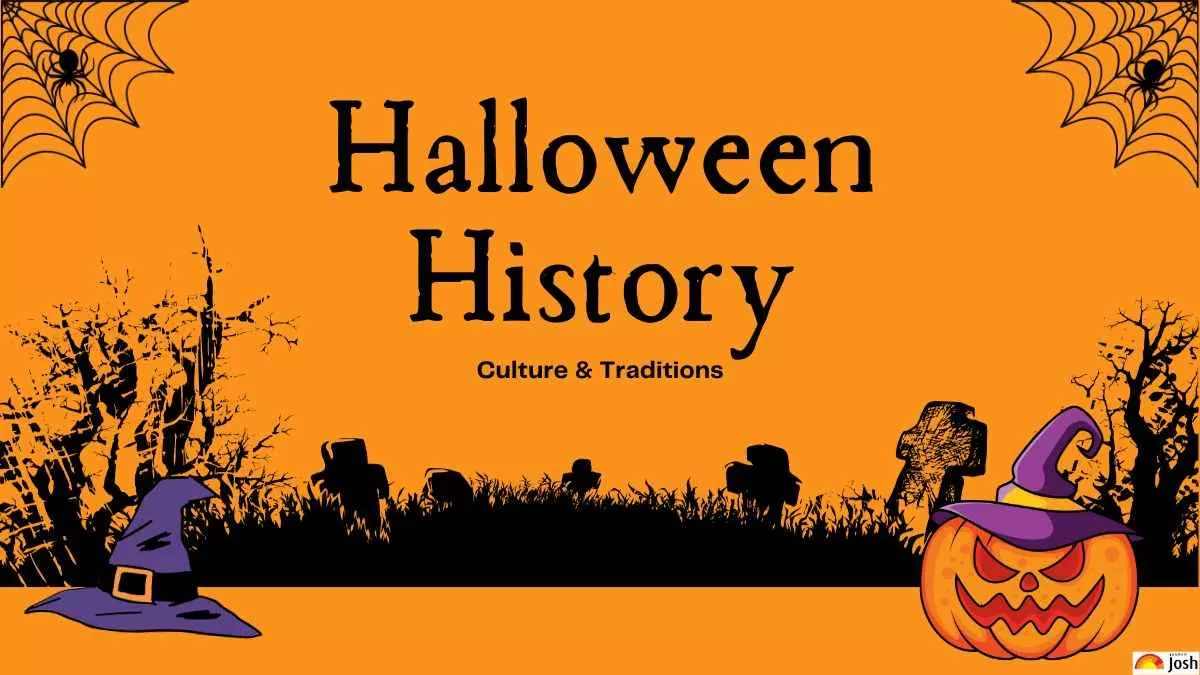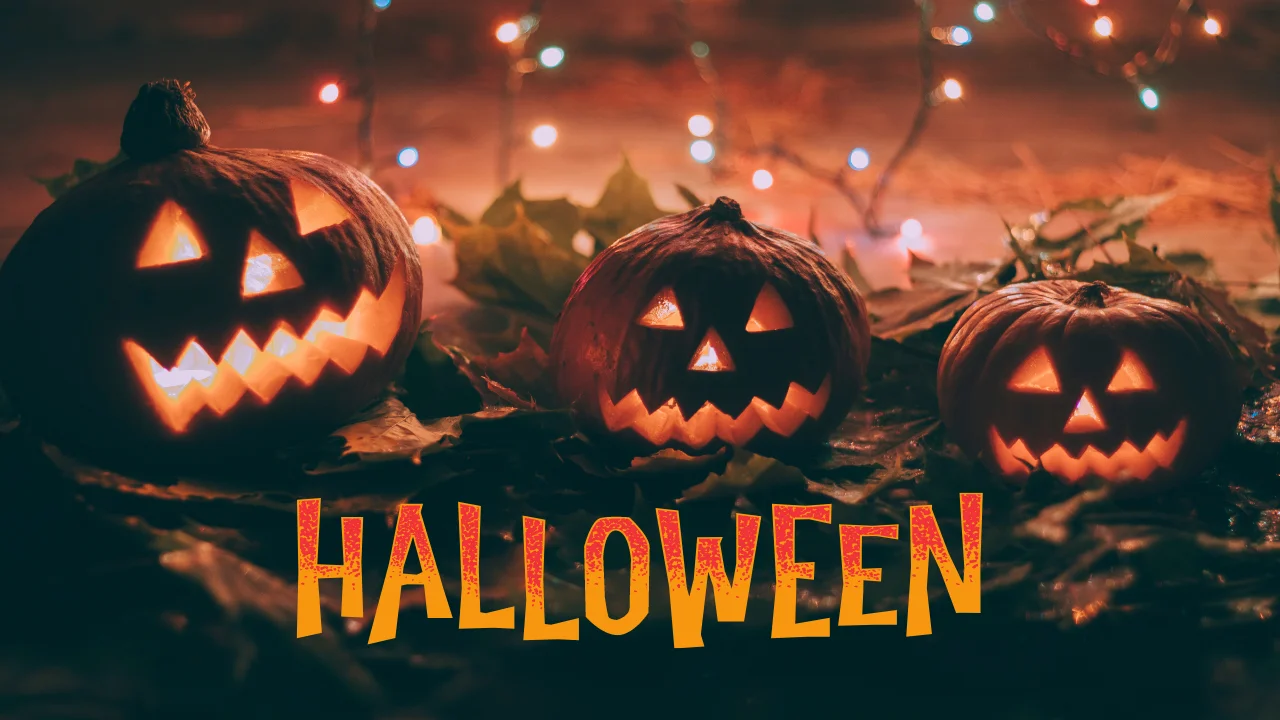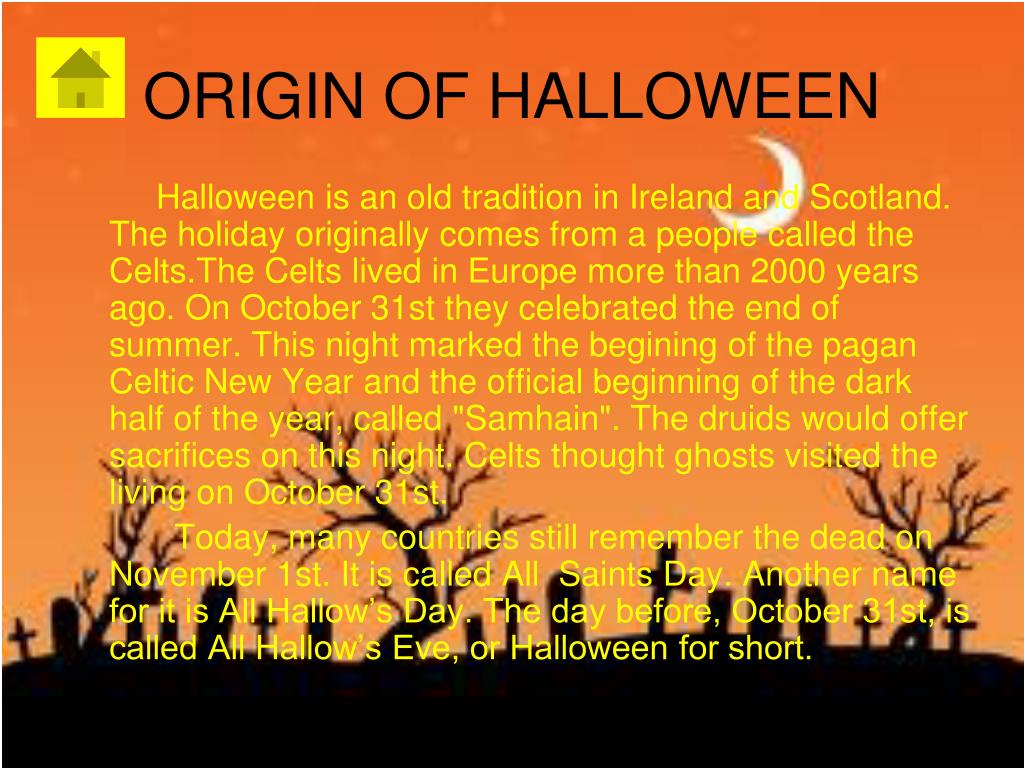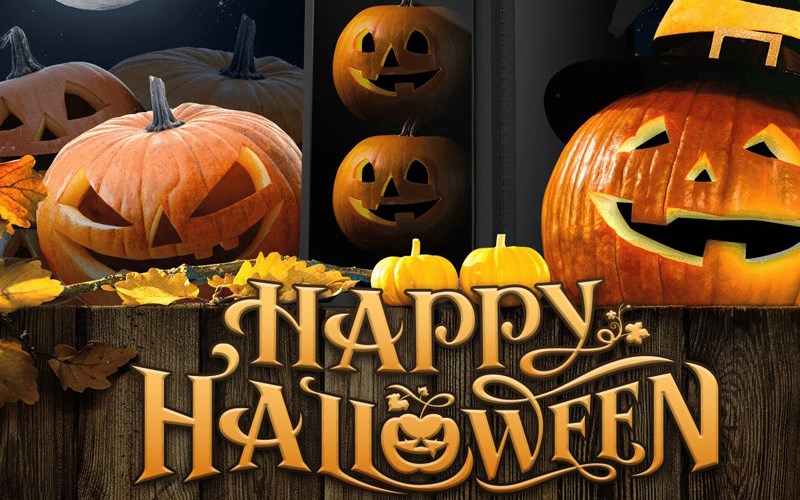Halloween Day Significance 2024: Exploring the Origins, Traditions, and Cultural Impact
Related Articles: Halloween Day Significance 2024: Exploring the Origins, Traditions, and Cultural Impact
- Halloween Day: A Spooky Celebration With A Rich History
- Halloween Day Meaning 2024: Unveiling The Origins, Traditions, And Significance Of The Spooky Celebration
- Halloween Day In Spanish 2024
- Halloween Day Parade NYC 2024: A Spooktacular Extravaganza
- Halloween Day Photos 2024: Capture The Spooktacular Spirit With Creative Snapshots
Introduction
In this auspicious occasion, we are delighted to delve into the intriguing topic related to Halloween Day Significance 2024: Exploring the Origins, Traditions, and Cultural Impact. Let’s weave interesting information and offer fresh perspectives to the readers.
Table of Content
Video about Halloween Day Significance 2024: Exploring the Origins, Traditions, and Cultural Impact
Halloween Day Significance 2024: Exploring the Origins, Traditions, and Cultural Impact

Halloween, an annual celebration observed on October 31, holds a significant place in the cultural tapestry of many countries worldwide. Its origins can be traced back to ancient Celtic festivals, and over the centuries, it has evolved into a multifaceted event that encompasses various traditions, beliefs, and practices.
Celtic Origins and Samhain
The roots of Halloween lie in the ancient Celtic festival of Samhain, which marked the end of the harvest season and the transition from summer to winter. The Celts believed that on the night of Samhain, the boundary between the worlds of the living and the dead became blurred, allowing spirits to cross over into the realm of the living.
To ward off these spirits, the Celts lit bonfires, wore costumes made from animal skins and heads, and offered food and drink to appease them. They also engaged in divination rituals, seeking to predict the future and the fate of their loved ones who had passed away.
Christian Influences and All Saints’ Day
With the advent of Christianity in Europe, Samhain gradually merged with Christian traditions. Pope Gregory IV established November 1 as a day to honor all Christian saints, known as All Saints’ Day. This day became associated with the commemoration of the dead, and the customs and rituals of Samhain were gradually incorporated into All Saints’ Day celebrations.
The Name "Halloween"
The term "Halloween" is derived from "All Hallows’ Eve," which refers to the evening before All Saints’ Day. Over time, the name was shortened to Halloween, and it became synonymous with the festivities and practices associated with the night of October 31.
Traditional Customs and Practices
Halloween has become a global celebration, and different cultures have adopted and adapted its traditions to reflect their own beliefs and practices. Some of the most common customs and activities associated with Halloween include:
- Trick-or-treating: Children dress up in costumes and go door-to-door asking for treats, often uttering the phrase "trick or treat."
- Costume parties: Adults and children alike participate in costume parties, where they dress up as various characters, from witches and vampires to superheroes and historical figures.
- Pumpkin carving: Pumpkins are carved into intricate designs and illuminated with candles, creating a festive and eerie atmosphere.
- Bonfires: In some cultures, bonfires are still lit on Halloween night, symbolizing the protection against evil spirits.
- Divination rituals: Some people engage in divination rituals on Halloween, seeking to gain insights into their future or the fate of their loved ones.
Cultural Impact and Symbolism
Halloween has had a profound cultural impact, influencing literature, art, music, and film. It has become a symbol of the supernatural, the macabre, and the unknown. The imagery associated with Halloween, such as witches, ghosts, and black cats, has become ingrained in popular culture.
Moreover, Halloween serves as a reminder of the cycle of life and death. It is a time to reflect on the impermanence of life and to remember those who have passed away. In some cultures, Halloween is also associated with the celebration of ancestors and the honoring of their spirits.
Halloween in 2024
Halloween 2024 falls on a Thursday. This date provides an opportunity for extended celebrations, as people can take advantage of the long weekend to participate in various Halloween-themed events and activities.
Many cities and towns around the world will host Halloween parades, costume contests, and haunted attractions. Theme parks and amusement parks will offer special Halloween-themed experiences, including trick-or-treating, spooky rides, and live performances.
Conclusion
Halloween Day 2024 promises to be a vibrant and exciting celebration, steeped in centuries of tradition and cultural significance. Whether it is celebrated through trick-or-treating, costume parties, or bonfire gatherings, Halloween offers a unique opportunity to connect with the supernatural, reflect on the cycle of life and death, and embrace the spirit of the unknown.








Closure
Thus, we hope this article has provided valuable insights into Halloween Day Significance 2024: Exploring the Origins, Traditions, and Cultural Impact. We appreciate your attention to our article. See you in our next article!